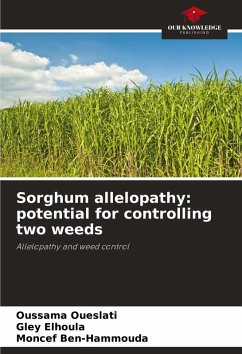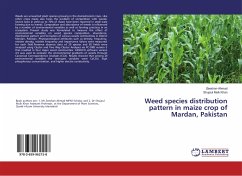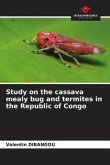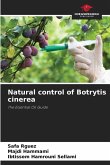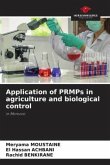Biological weed control using the 'natural herbicide' potential of certain allelopathic species is an alternative to conventional methods. The aim of the present study was to investigate the allelopathy of a sorghum-fodder hybrid 'Super graze II', used as a cover crop in conservation agriculture, to control two weeds, broomrape and milk thistle. The germination and young plant bioassay technique was used to study sorghum allelopathy. The components of the sorghum plant expressed an allelopathic/phyto-toxic effect. The stem showed the most inhibitory effect for both weeds. Root exudates from soil cultivated with sorghum showed an inhibitory allelopathic effect. The types of sorghum residue management expressed a differential allelopathic effect. No-tillage systems showed a relatively higher phytotoxicity than incorporated residues. The results showed a potential natural herbicide in sorghum that could be used as a means of biological control.
Bitte wählen Sie Ihr Anliegen aus.
Rechnungen
Retourenschein anfordern
Bestellstatus
Storno

